On the 1st April, the National Living Wage and Minimum Wage are set to increase again, with a change to the age group for NLW. The rates, which are reviewed yearly by the government, are advised by the independent body Low Pay Commission and rise to match inflation.
The National Minimum Wage is the minimum pay per hour almost all workers are entitled to. The National Living Wage is higher than the National Minimum Wage and paid to workers if they’re 23 years or older. This used to be 25, but now the National Living Wage has been extended to 23- and 24-year-olds, coming into effect from the 1st April.
The government have pledged that the National Living Wage, which came into effect on the 1st of April 2016, will reach £9 by 2025.
What this means for employees
For full-time workers aged 25 or over, the 19p increase an hour could equate to almost £400 a year extra – and for 23- and 24-year-olds receiving the National Living Wage for the first time, the additional 71p an hour could mean they pocket almost £1,500 extra over the tax year.
What this means for employers
As an employer, you are legally required to pay workers the above rates from the 1st of April. There are a few rules to these rates – Apprentices are entitled to the apprentice rate if they’re either aged 19 or under or aged 19 or over in the first year of their apprenticeship.
Failure to meet the required rates could result in a fine and being featured in the annual “name and shame” list.
If you’re an employer or an employee who needs advice on the latest changes, get in contact with the Bluestones Staffing team now.










